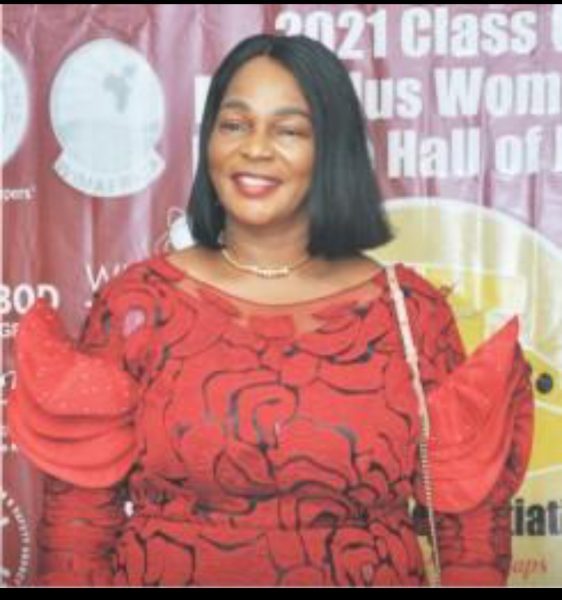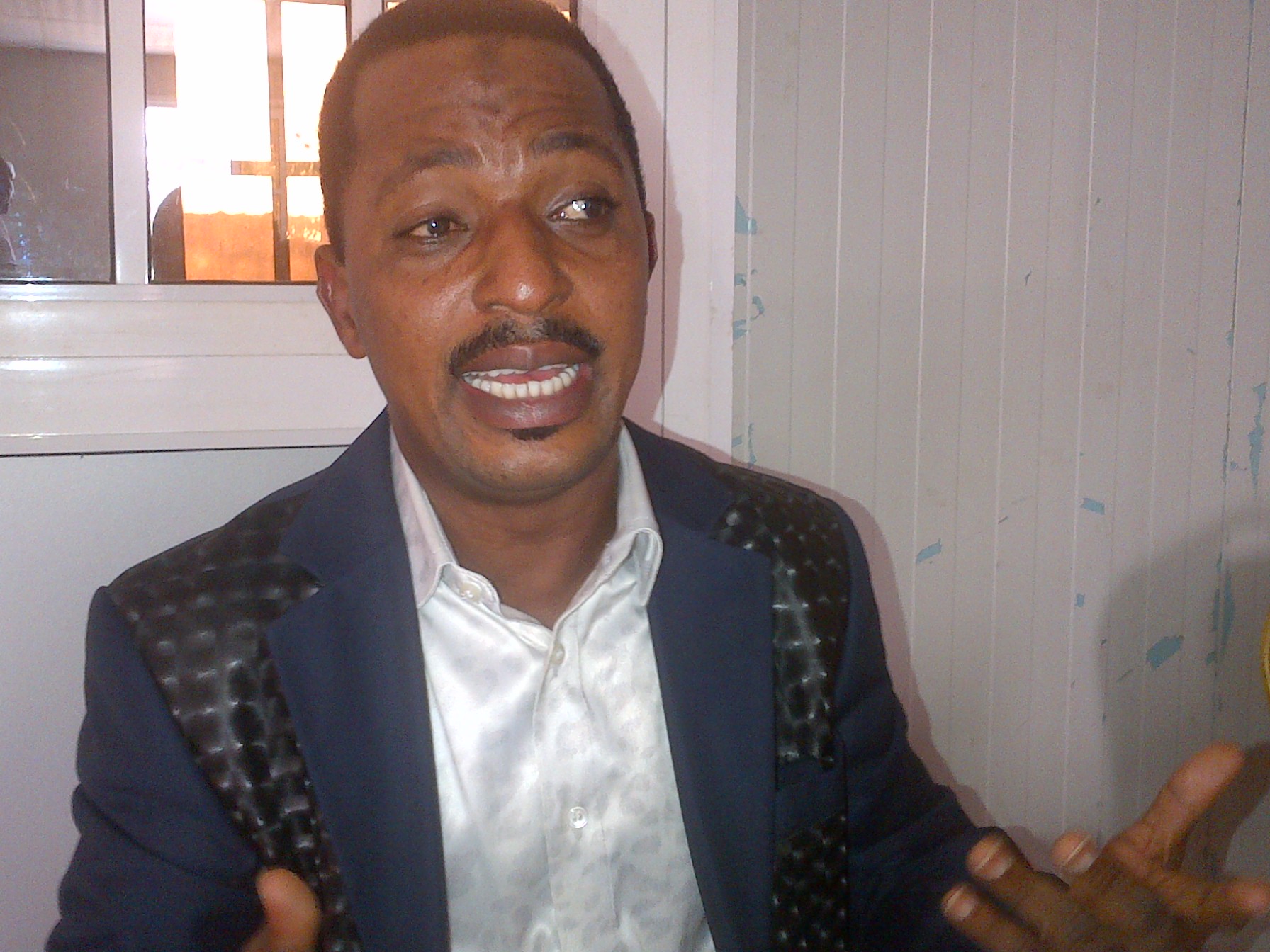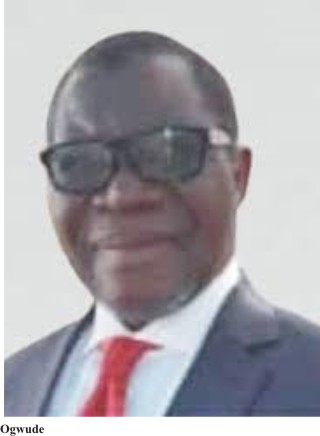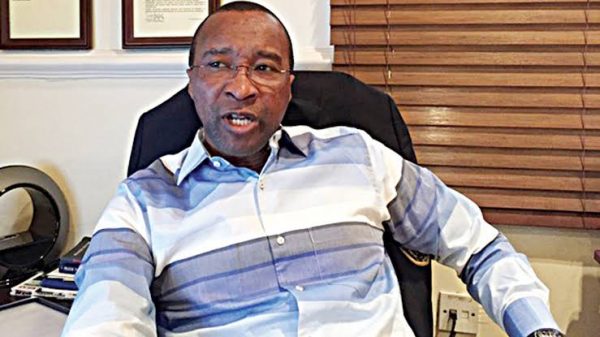I CARE INTERVIEW
PPPs Required For Railway, Pipelines To Lekki Free Trade Zone -Akinluyi
By Kenneth Jukpor
Dr. Mrs. Yetunde Akinluyi is one of the 2021 inductees into the MMS Woman of Fortune Hall of Fame (WoFHoF). She is also the Founder of Gabous Peace and Humanitarian Foundation. Yetunde is an Investment Promotion and Mediation expert and the current Executive Secretary of Lagos State Economic Advisory Team. She has worked in the upper echelon of several organizations, public and organized private sectors. Yetunde worked on the Lekki Free Trade Zone, Ministry of Housing, Ministry of Local Government and Chieftaincy Affairs of Lagos State Government.
At the MMS WoFHoF event, she granted this interview as she bares her mind on several economic and political issues. Yetunde also makes a case for women in governance and leadership in Nigeria.
Excerpts:
Congratulations on your induction into the MMS WoFHoF, how crucial is this recognition which is targeted at promoting women?
I think womanhood should be celebrated everywhere and at all occasions. There is no degree of celebration for womanhood that would be too much. Women are always impactful in every environment they find themselves. Irrespective of a woman’s status, she is impactful in small ways either as an owner of Small and Medium-sized Enterprises (SMEs) or at the bigger stage as a Director or Chief Executive of a big company or a government parastatal.
You played a role in the development of the Lekki Free Trade Zone and it warehouses some very significant projects like the Dangote Refinery. However, there are impending challenges with the logistics connection because there is no railway or pipeline linkage to the facility. What’s your take on that?
Well, I know Lekki Free Trade Zone would have challenges like any new scheme that is coming up. The important thing is that we look at the big picture at the end of the day. At inception, planing the Lekki Free Trade Zone was very difficult, even to make roads to the level is it now was tough. It was like we were just buying the flora and fauna, but today we have reached a stage where all these issues have to be addressed. The logistics connection is still upcoming.
There is no pretense about the fact that there’s need to have solid logistics connection into the LFTZ. However, it would have to be a collaboration between the federal and state government as well as the investors that are there. Public-Private Partnerships (PPPs) would have to be arranged to attain the needed logistics network that is expected at a major free trade zone. It is still expected that this connection will be provided. There has to be synergy to achieve it.
Should Nigeria plan to have more free trade zones in order to boost production and employment opportunities in the nation?
We already have several free trade zones in the country. There are over 22 free trade zones in Nigeria. It’s just that Lekki is very popular because it is in Lagos and it has the largest land space and crucial investments like the Dangote Refinery. It has oil and gas, trading, hospitality and lots of investments. LFTZ isn’t the only one. There are lots of them in Nigeria.
Although Free Trade Zones create opportunities for Foreign Direct Investments as well as indigenous investments that thrive without the burden of taxation, some analysts have posited that the government is shortchanged when the products access Nigerian markets without paying duties. Are these complaints legitimate?
I don’t any challenge here because the essence of having a free trade zone is to reduce the cost of production. When this is done, anything that goes out of the zone is exported. The idea is that cost of production is reduced but you could take your goods anywhere you want but you’ll pay the necessary charges.
You’re on the Board of African Free Zones Association which is focused on promoting free trade schemes across the nation. What are the objectives of that association and how crucial is that body?
The association was very vibrant some five to eight years ago. Up till now, it is still vibrant but at inception the essence was to gather all free trade zones in Africa to ensure that they are competitive. We weren’t trying to edge out one or another, but to compare and create a platform where one zone can learn from the success of another.
It was more about aggregating the strengths and expertise of the respective zones to boost trade within Africa and of course enhance the trade between African nations and the western world.
When the association was set-up, the Managing Director of Onne Free Trade Zone was the Chairman.
The association created a platform for free trade zones to thrive in Nigeria and across the continent and they are still building on that.
Today is the world’s anti-corruption day and a lot of the economic and leadership challenges in Nigeria is linked to corruption. What significance should this anti-corruption day have in Nigeria?
My take on that is that every individual is the biggest concern. Everyone should be an example and lead the change he or she wants to see in the nation. Mahatma Ghandi would always say; “Be the change you want to see in the world.”
It’s easy to blame those in government, but what gives us the assurance that if the next person gets there he will do better. Everyone should have love for humanity, service and patriotism. once this love is there, corruption would be defeated but it has to start from individuals before we talk about groups, organizations or states. Everyone should try as much as possible not to corrupt himself.
In recent times, more Nigerian women have emerged as Managing Directors of commercial banks, multinationals, board members of several top government agencies and there is an expectation that this should trickle down to politics and probably lead to a first Nigerian female president in the near future. What’s your take on this?
It’s a good thing that women are taking up crucial roles across various sectors in Nigeria. It shows that the country isn’t left behind because the world is moving in this direction. Women are naturally created to turn chaos into orderliness. It is an inherent quality put in women by God.
Nevertheless, if you study the profile and trajectory of the female bank Managing Directors, you will observe that they are very good and they got there on merit. It wasn’t gender that took them to that height. They worked as hard as the men and probably harder.
I am glad that the country is doing away with the disparity on male and female in governance and leadership. I look forward to the first female president, female vice president as well as governors.
The educational system has been a limiting factor for women in parts of the country, although this problem has dwindled. What other challenges have to be surmounted to attain the first female President and other top positions?
Well, the most important thing is for the girl-child to know that she isn’t different from the male child. Children are supposed to grow together with equal opportunities. If we give too much emphasis on the girl-child and ignore the male child, who marries the girl-child? If we lay too much emphasis on male children, we will also have the same problems. So, we have to create an environment where they can continue to strive for excellence in all they do.
Tell us about your humanitarian activities around poverty alleviation and others.
One of such activities is on the maritime sector and it is more of a mission work. We care for the seafarers and we don’t make money from the maritime sector. Seafarers come into this country from all around the world. While they are here, they have no families and sometimes they have spent over 12 weeks onboard ships. We have to make them feel that they are home when they get to the shores of Nigeria. We have people that can attend to their needs health-wise, spiritually, social-needs, etc.
We also ensure that they get back to their ships on time. The job of a seafarer isn’t easy; many of them have mental-health issues, but we try to make them feel at home.
To be a successful woman, one must be able to strike a balance between the responsibilities at work and the home. What advice do you have for young women on this issue?
This issue isn’t just about women. Everyone should know that the home is always the first point of call. It’s either the home where one grew up or the home one is building. A woman or man that isn’t stable at home can’t be stable outside. They could achieve stability for a while but it wouldn’t last. There has to be a balance.
If one is a child at home, he or she must listen to the parents. When you become independent, the discipline you got as a child or teenager would impact on your way of life. At the point when you’re raising your kids, this discipline would also be transferred. My advice is that everyone pays attention to the home because it is the unit that produces everyone. Create a balance; create time for your home and time for your job.






